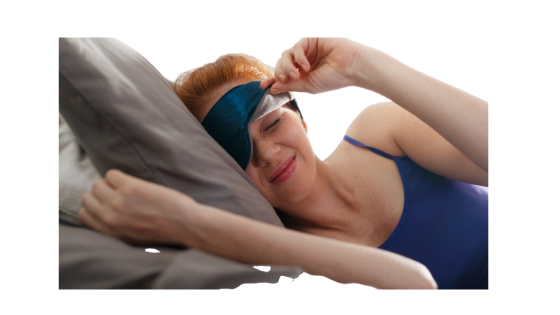Circadian Rhythm Disruption
Circadian Rhythm Disruption

A large proportion of the world’s population is at increased risk of environmentally driven circadian rhythm and sleep disruption
Most people notice that they naturally experience different levels of sleepiness and alertness throughout the day, but what causes these patterns? Sleep is regulated by two body systems: sleep/wake homeostasis and the circadian biological clock.
Circadian rhythm is the fluctuation of sleep-wake states. This fluctuation is generally linked to the 24-hour, daily dark/light cycle. Circadian Rhythm Disruption occurs when a person’s work schedule conflicts with their biological clock. Many of these individuals have difficulty sleeping during the day and staying alert on the job at night. This often results in chronic sleep loss.
Symptoms include:
- Memory or concentration difficulties
- Impaired job performance
- Heartburn or indigestion
- Menstrual irregularities
- Colds and flu
When we have been awake for a long period of time, sleep/wake homeostasis tells us that a need for sleep is accumulating and that it is time to sleep. It also helps us maintain enough sleep throughout the night to make up for the hours of being awake. If this restorative process existed alone, it would mean that we would be most alert as our day was starting out and that the longer we were awake, the more we would feel like sleeping. In this way, sleep/wake homeostasis creates a drive that balances sleep and wakefulness.
Our internal circadian biological clocks, on the other hand, regulate the timing of periods of sleepiness and wakefulness throughout the day. The circadian rhythm dips and rises at different times of the day, so adults’ strongest sleep drive generally occurs between in the afternoon, although there is some variation depending on whether you are a morning person or evening person. The sleepiness we experience during these circadian dips will be less intense if we have had sufficient sleep, and more intense when we are sleep deprived. The circadian rhythm also causes us to feel more alert at certain points of the day, even if we have been awake for hours and our sleep/wake restorative process would otherwise make us feel more sleepy.

